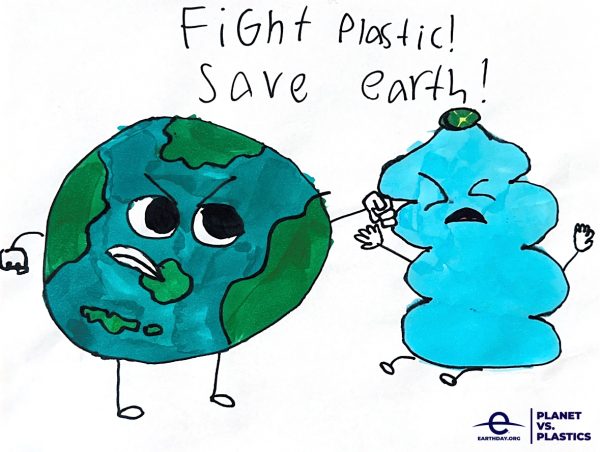New coronavirus strain from China concerns health officials
February 3, 2020
As of Jan. 27, at least 100 people have died from the new strain of coronavirus that was first identified in Wuhan, China.
Coronaviruses are a family of viruses named for their shape. Most coronaviruses affect animals and cannot infect humans. Occasionally, however, a strain mutates. The CDC has currently identified nine different strains that can affect humans, each with varying symptoms and severities.
The newest is the n2019-CoV, a strain first identified in China. During the incubation period, the disease is contagious and can be passed before the carrier exhibits symptoms. Currently, the majority of the nearly 3,000 confirmed cases are in mainland China. Despite increasing efforts to strictly quarantine those potentially exposed to the virus, an optimistic 90% success of the quarantine could still lead to a predicted 59,000 infections.
So far, five cases have been confirmed in the United States. Cases have also been confirmed in “France, South Korea, Japan, Nepal, Thailand, Cambodia, Singapore, Vietnam, Taiwan, Canada and Sri Lanka,” according to The Washington Post.
Although health officials are not certain about the exact details regarding the disease, they currently believe it spreads through similar methods to other “respiratory pathogens,” within the coronavirus family, such as sneezes, says the Center for Disease Control (CDC). The CDC does note that, “[t]here is much more to learn about the transmissibility, severity, and other features associated with 2019-nCoV and investigations are ongoing.”
So far, the symptoms include, “cough, fever, [and] shortness of breath,” according to the CDC. The disease can lead to death, and has been compared in symptoms to pneumonia. Currently, there is no vaccine for this unique strand of coronavirus. The CDC recommends avoiding possible contact with the virus and following regular prevention methods such as washing hands, covering coughs and sneezes with a tissue and keeping frequently touched surfaces clean.










